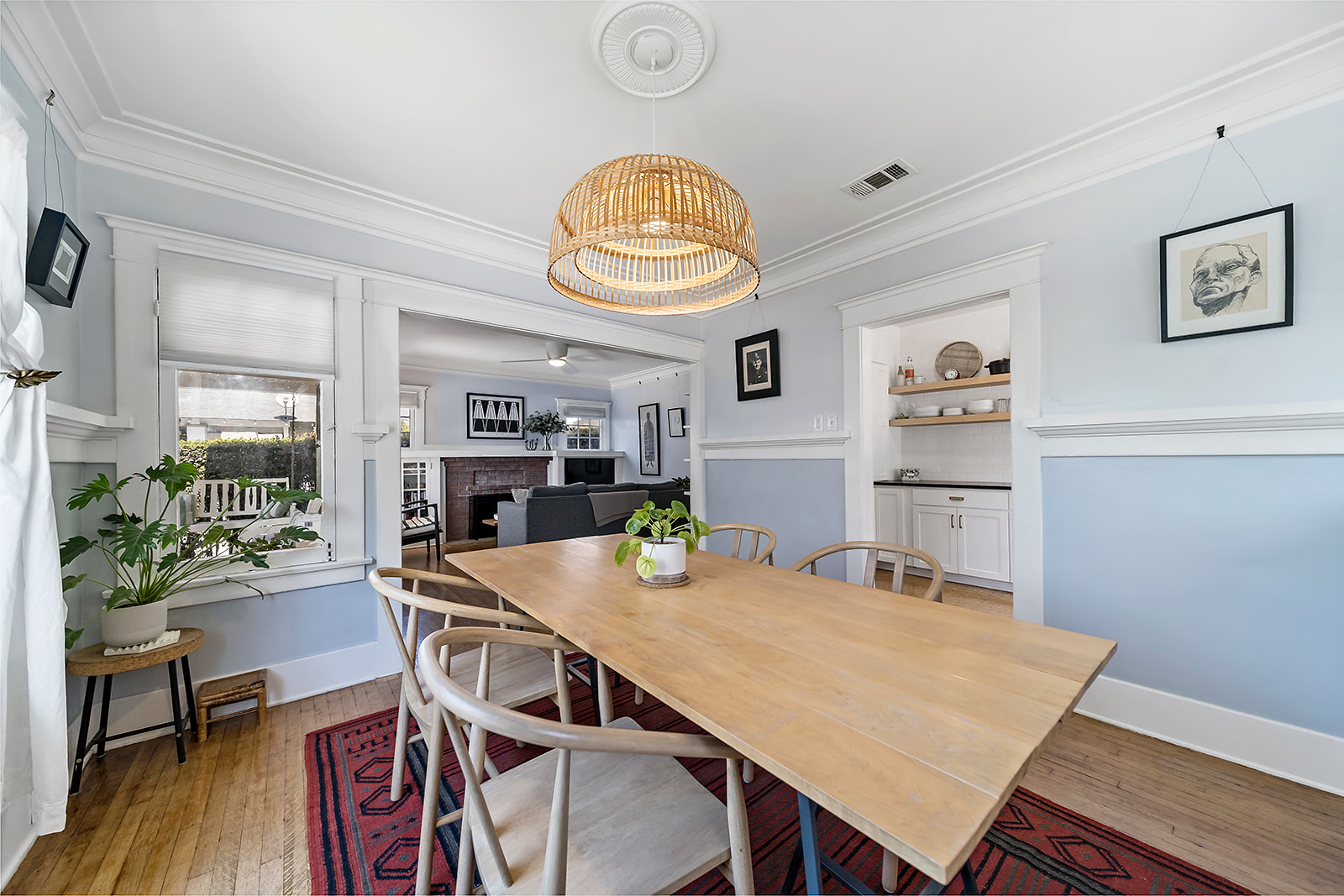It’s something all homeowners tend to do: obsessively check the estimated home value of their property on various websites. Opendoor, Zillow, and Redfin make it easy to get an idea of what to expect when offers come in. Not to mention, a peek at what the homes of your neighbors, friends, and family are worth, too. However, like any service that hints at certainty for uncertain things, the projected answer might not match your reality. In fact, the estimates might not even match from brand to brand.
That’s because these valuations primarily rely on algorithms to arrive at a number. Algorithms calculate a range of data points that affect value. Sounds simple, right? Well, that’s exactly where it gets complicated.
Understanding Algorithms
Every brand’s algorithm is different. There are hundreds (maybe even thousands) of different data points that influence a home’s value. Interior/exterior features, the age of the home, the square footage, and the location, are just a few.
Even if each brand included the same data points, the algorithm would weigh them differently. After all, some factors are just more important to a home’s price. Stainless steel appliances won’t affect value as much as square footage. Yet square footage might not matter as much as the neighborhood.
Both of these elements of an algorithm come into play with comparable sales – a critical part of any home evaluation. To find prices of recently sold homes that are similar to yours, the algorithm needs to find properties that fit the bill, then evaluate those properties against yours.
While algorithms are kept secret for a reason, the big brands have been somewhat open about some parts of their processes.
How Opendoor Calculates Home Values
First, Opendoor is upfront about the goal of their calculations: To buy your home. Instead of thinking of it as a home value, it’s really an offer.
Opendoor utilizes a data model to come up with a number. The process starts with what you tell them about your home’s condition, features, and updates. There are options for submitting photos of your home in order to back up what you’ve told them. However, it’s really about what you can tell them.
Using this information, Opendoor runs their data models on comparable homes that recently sold and local market trends. Algorithms that involve local data are reviewed by pricing teams who have some knowledge of the area. Opendoor also says the algorithms consider the difference in the time of year between comparable home sales.
Though Opendoor will follow up with an in-person condition assessment, it’s worth reiterating that their initial estimate seems to be based on a homeowner’s word. If you’re looking at Opendoor just to get an idea of what your home could sell for, be aware the offer is only as good as the information you give.
How Zillow Calculates Home Values
A Zillow “Zestimate®” is perhaps the most well-known of the home value big brands. Zillow says this value isn’t a replacement for a market analysis, but it’s what many people reference when talking about home values.
Calculations depend on publicly available information, like past sales, mortgage records, tax assessments, and building documents. The formula doesn’t consider “intangibles,” upgrades, or even new appliances. While you have the ability to update info about your home and correct inaccuracies, only information deemed significant will change the value.
If your area doesn’t include a lot of information in public records, or if your region doesn’t have a lot of transactions to analyze, it’s harder for the algorithm to arrive at a value.
Accuracy can also differ depending on the market. A comparison of top metro areas by Zillow shows their home value was within 5% of the final sales price 62.7% to 92.8% of the time.
Due to these factors, Zillow is pretty open about how their figures should be considered as a “starting point.”
How Redfin Calculates Home Values
The “Redfin Estimate” of your home draws on data found in multiple listing services to calculate the value for your home. Redfin says more than 500 data points are considered. This includes market and neighborhood info, whether the home has water views, or if its located on a busy street.
Machine-learning software crunches the numbers frequently. Home values are updated daily for homes on the market, and weekly for those off the market. Unlike Zillow, you can’t update information about your home that can potentially impact the value.
Though Redfin says that their online home value estimates are the most accurate, the service still says that it’s a starting point.
The Takeaway: Computers Can’t Beat Expertise
While online estimates can give you a general idea of your home’s value, your Realtor can consider nuances that algorithms can’t. Whether it’s a recent update to your home or new trends with buyers in your area, a Realtor can consider the whole picture when creating a pricing strategy. For the most exact figure regarding your home’s value, a professional home appraisal can clear up any lingering doubts.
We Can Help You Understand the Numbers
When you’re preparing to sell your home, you need an accurate home valuation. Click below and we’ll get to work.


